33 kilometers: the new record for quantum entanglement between two atoms over fiber optics. Key Takeaways Researchers entangled two atoms across 33 kilometers of fiber […].
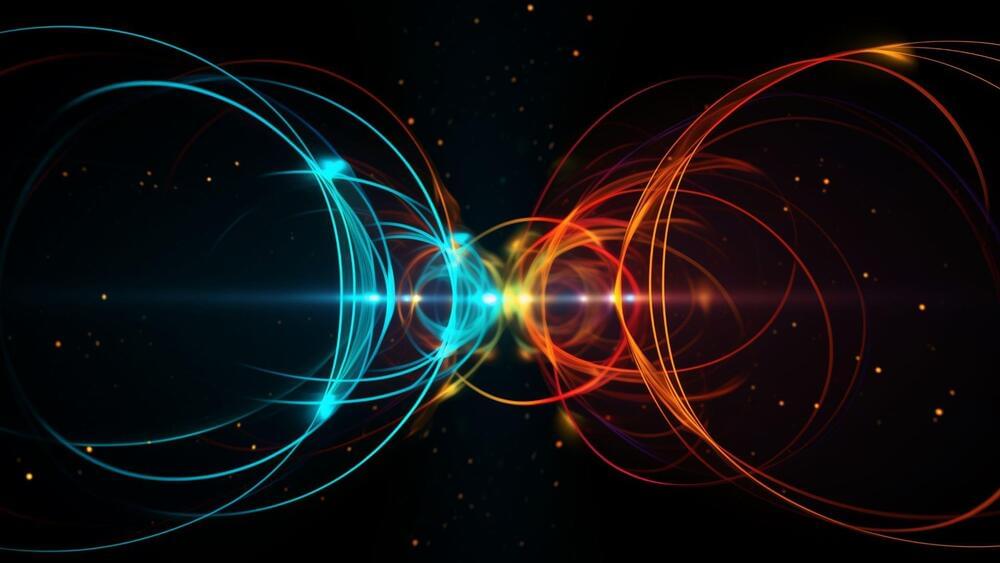

We will examine physicist Erwin Schrödinger’s view that consciousness is one unified entity shared by all beings and its implications for spirituality.
00:00:00
A Quantum Pioneer Contemplates Consciousness.
00:02:54
Schrödinger’s Philosophical Pursuits.
00:06:50
Unveiling the Monistic Universe.
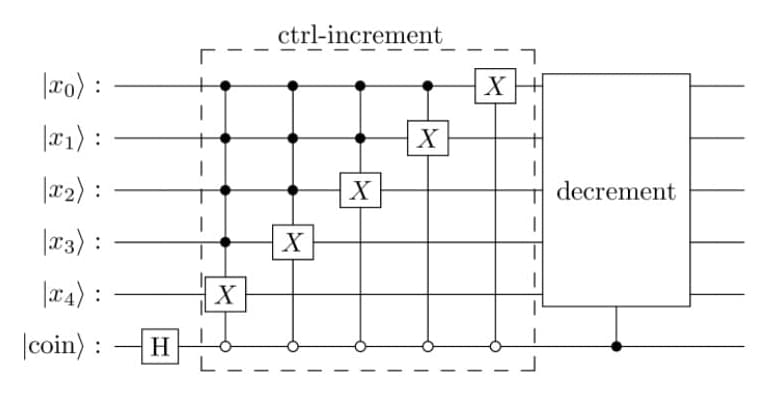
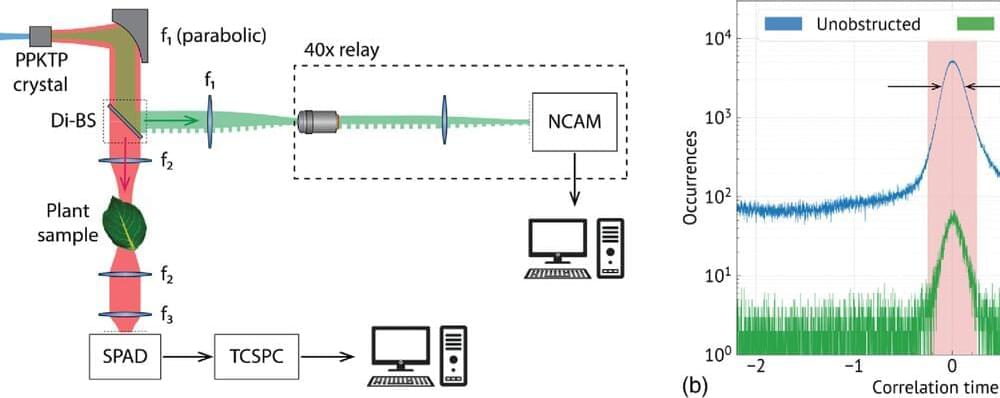
A study published in the journal Optica demonstrates live plant imaging of several representative plant samples, including the biofuel crop sorghum. By employing a novel detector, researchers obtained clear images of living sorghum plants with a light far dimmer than starlight. This advance enables imaging of delicate, light-sensitive samples, such as biofuel crops, without disturbing or damaging the plants.
A method called quantum ghost imaging (QGI) allows scientists to capture images at extremely low light levels. QGI also enables the use of one low intensity color, best matched to the sample and a different color at higher intensity, sufficient to form the image of the sample. This approach improves imaging in regions of light where traditional cameras struggle.
By using label-free infrared imaging, researchers can gather critical information about important plant processes, such as water content and photosynthesis, even in low-light conditions. This is particularly beneficial for studying biofuel crops, where researchers want to optimize plant growth and health to maximize yield and sustainability.
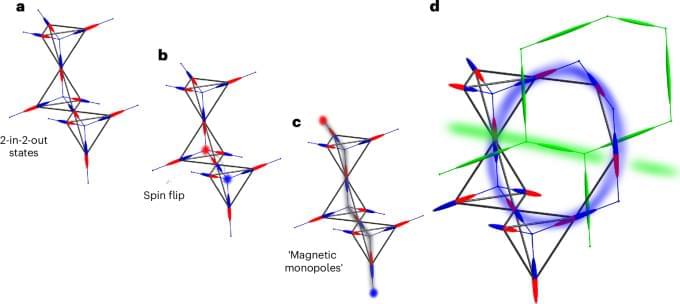

An international team of scientists led by Dr. Lukas Bruder, junior research group leader at the Institute of Physics, University of Freiburg, has succeeded in producing and directly controlling hybrid electron-photon quantum states in helium atoms.
To this end, they generated specially prepared, highly intense extreme ultraviolet light pulses using the FERMI free electron laser in Trieste, Italy. The researchers achieved control of the hybrid quantum states using a new laser pulse-shaping technique. Their results have been published in the journal Nature.
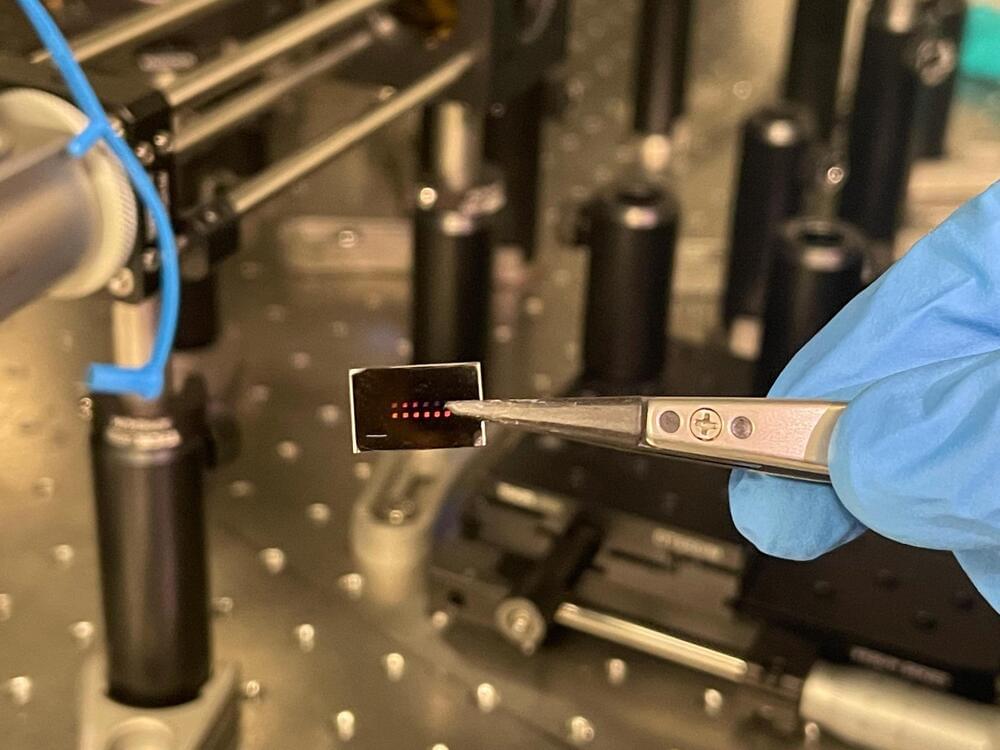
Researchers have developed a new laser technology using large colloidal quantum dots of lead sulfide to emit coherent light in the extended short-wave infrared range.
This innovation promises cheaper, scalable laser solutions compatible with silicon CMOS platforms, covering a broader wavelength range without altering chemical compositions, and eliminating the need for costly femtosecond laser amplifiers.
Novel Laser Technologies
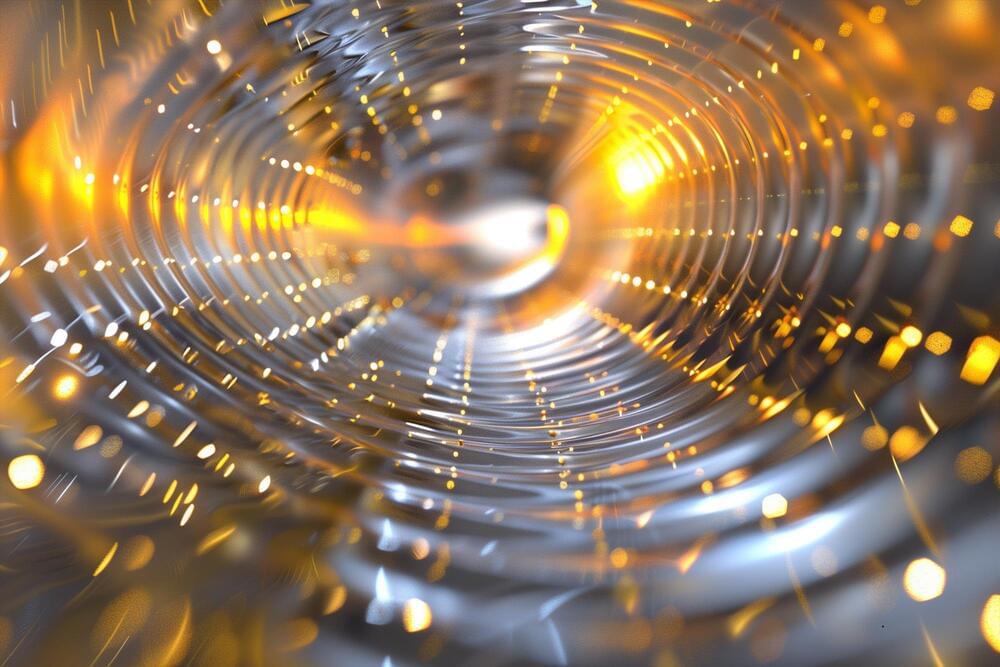
MIT physicists propose a method to create fractionalized electrons known as non-Abelian anyons in two-dimensional materials, potentially advancing quantum computing by enabling more reliable quantum bits without using magnetic fields.
Their research highlights the potential of molybdenum ditelluride in forming these anyons, promising significant advancements in robust quantum computation.
MIT physicists predict exotic matter for quantum computing.
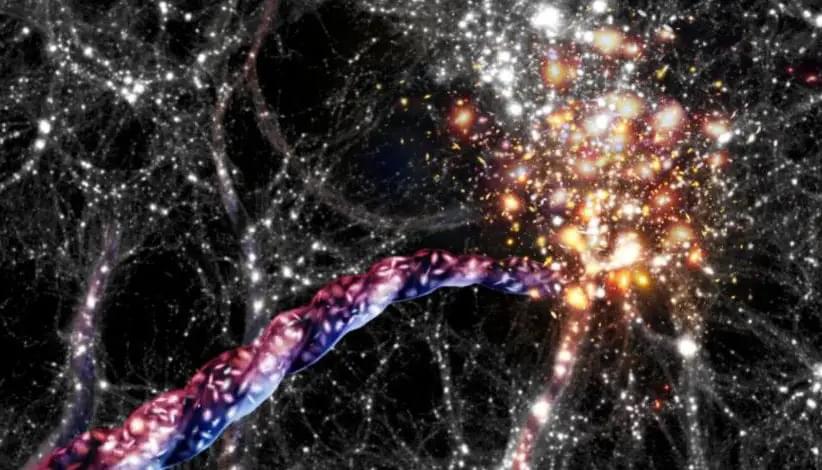
Scientists have discovered that cosmic filaments, the largest known structures in the universe, are rotating. These massive, twisting filaments of dark matter and galaxies stretch across hundreds of millions of light-years and play a crucial role in channeling matter to galaxy clusters. The finding challenges existing theories, as it was previously believed that rotation could not occur on such large scales. The research was confirmed through both computer simulations and real-world data, and it opens up new questions about how these giant structures acquire their spin.
After reading the article, a Reddit user named Kane gained more than 100 upvotes with this comment: “What if galaxy clusters are like neuron and glial clusters in a brain. And dark matter is basically the equivalent of a synapse. It connects galaxies and matter together and is responsible for sending quantum information back and forth like a signal chain.”
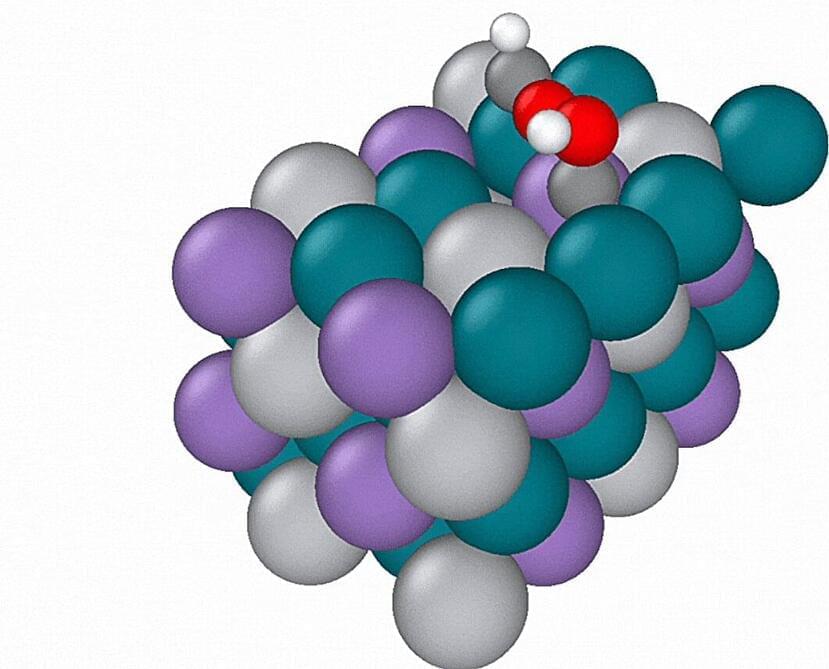
Quantum calculations of molecular systems often require extraordinary amounts of computing power; these calculations are typically performed on the world’s largest supercomputers to better understand real-world products such as batteries and semiconductors.
Now, UC Berkeley and Lawrence Berkeley National Laboratory (Berkeley Lab) researchers have developed a new machine learning method that significantly speeds up atomistic simulations by improving model scalability. This approach reduces the computing memory required for simulations by more than fivefold compared to existing models and delivers results over ten times faster.
Their research has been accepted at Neural Information Processing Systems (NeurIPS) 2024, a conference and publication venue in artificial intelligence and machine learning. They will present their work at the conference on December 13, and a version of their paper is available on the arXiv preprint server.